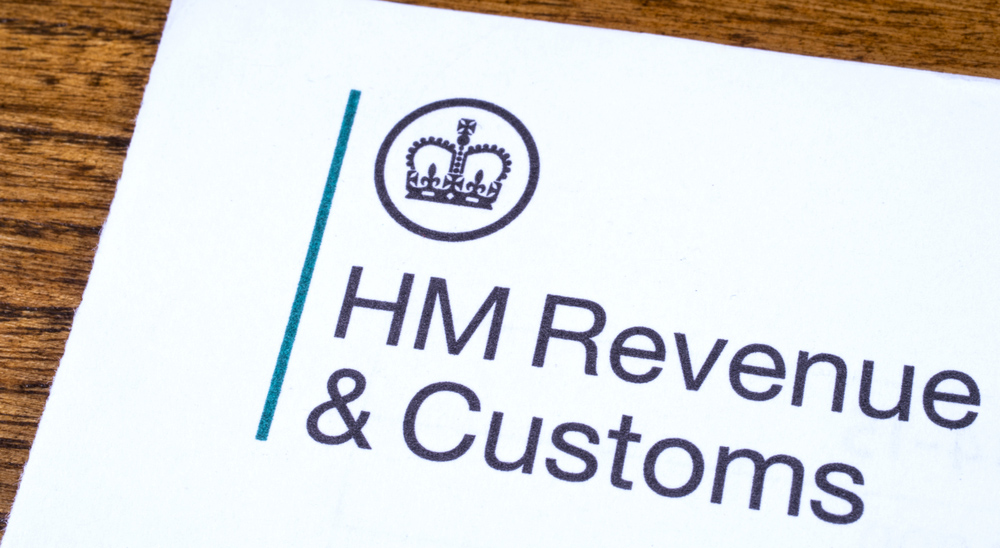FTT success shows wide scope of CGT business incorporation relief
Tue 01 Jul 2014
When a business is transferred to a company in exchange for an issue of shares TCGA 1992 s162 provides that gains that would otherwise arise are rolled over by being deducted from the market value of the shares issued.
In the recent FTT case of Paul Roelich the taxpayer had an unusual business.
He sought out land suitable for development as a golf course that would require considerable infilling to achieve a landscape useable for a golf course. Having done so he entered into contracts with property developers who paid a fee to dump inert waste. The attraction of this arrangement to developers was avoidance of landfill tax. Mr Roelich (R) had a background in the waste industry having run a scrapyard so was familiar with the regulatory environment. Of all the projects that were mentioned to the Tribunal only one at Shoreham got off the ground. The revenues from this were forecast to be considerable.
R had done a lot of business with Mr Blundell (B), an unconnected individual. He and B jointly owned a company, Gloucester. It was agreed that R would transfer the benefit of the Shoreham contract to Gloucester, B his private property portfolio, both in exchange for an issue of shares by Gloucester. HMRC agreed B’s claim for s162 relief. They challenged R’s claim on the basis that he had merely transferred an income stream, not a business, to the company.
The FTT reviewed R’s income earning activity and decided that he was earnestly seeking other opportunities similar to Shoreham. The FTT held that whilst the Shoreham contract “. . . was the only asset owned by the Appellant which had a measurable value that equated with what B was going to transfer to Gloucester. That does not mean that it was the only transfer made by the Appellant. The clear understanding was for Gloucester to be the single entity for the future activities of the Appellant and B. This required the Appellant to transfer the rest of his business to Gloucester.”
Thus although it could be said that R’s other activity was of trifling value compared with the contract, the Tribunal held that there was a business and held that R met the requirements of s162.


Comments